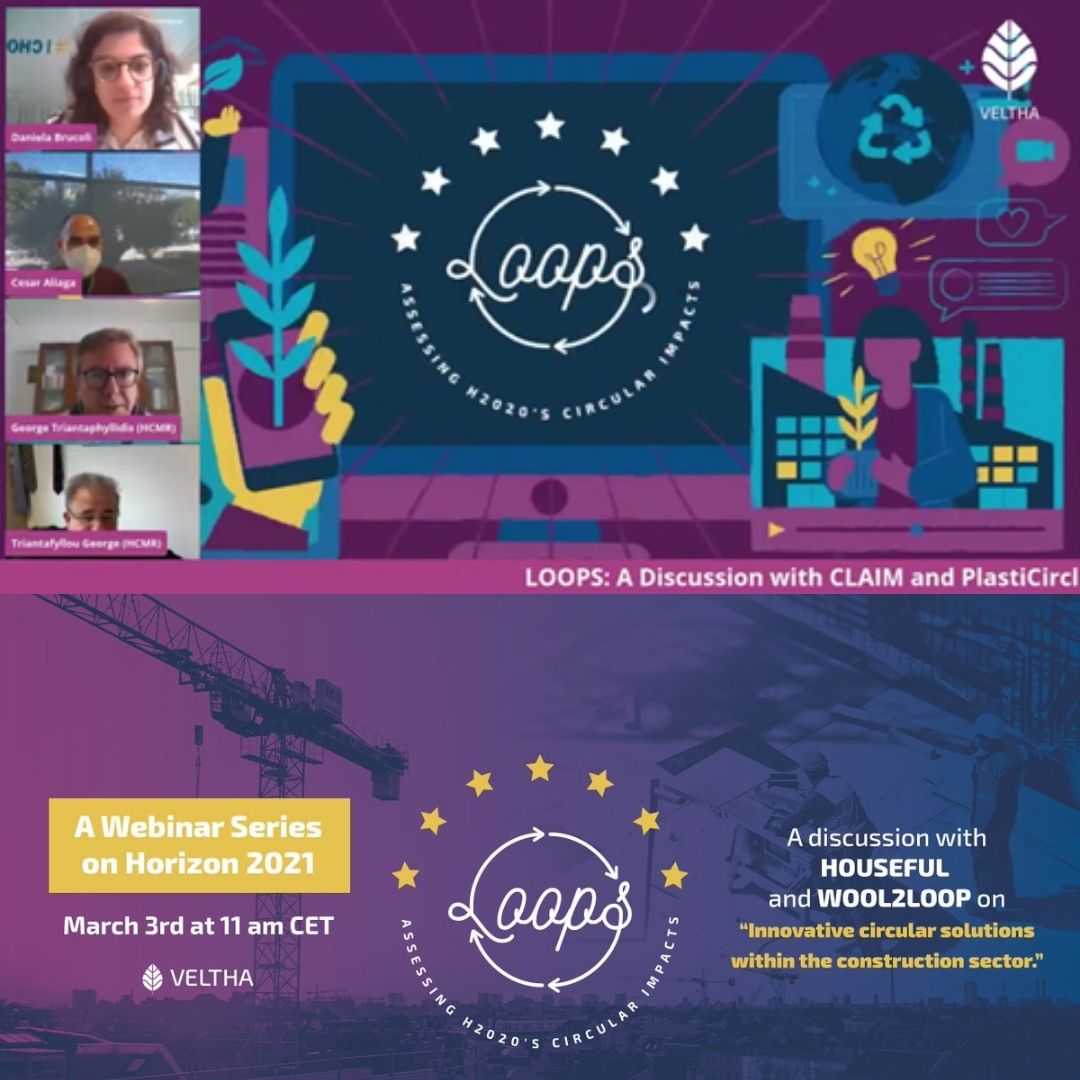The immediacy and scope of the problem of plastic pollution in our oceans has been assumed as a challenge in which the EU itself wants to lead a political process with environmental, economic and social effects. Thanks to the following two projects, PlastiCircle and CLAIM, EU environmental policies can be put into practice.
On the one hand, PlastiCircle aims to promote the transition towards a circular economy and to contribute to the European Union's waste management and recycling targets to 2030. This project has 20 partners, including research institutes, trade associations, recyclers, waste management, and 3 municipalities: Valencia (Spain), Utrecht (The Netherlands) and Alba Iulia (Romania). Their main goal is to tackle the plastic problem, something which generates a very high economic impact alongside the manufacturing of new plastics (11 billion per day) and environmental impacts (such as the incineration of plastics).
The project wants to solve all these issues by working on the 4 main areas of the cycle of plastic: Collection, transport, sorting, and recycling. Regarding the first area, they have developed innovative “smart containers” to increase collection rates of plastic packaging waste. They also include a reward system, compensations to citizens based on the quality of the packaging waste produced. In terms of transport, they are working on route optimisation, eco-driving guidance and an IoT cloud platform to connect all data. In relation to sorting, they are using optical technologies to separate the different plastics and a film-stablishing conveyor. As to the recycling area, they are implementing automotive parts, bituminous membranes, foamed boards, ground retention, and garbage bags in order to facilitate this process.
With all this they have already achieved technological, social-economic and environmental benefits. On the other hand, CLAIM, an initiative of the Hellenic Centre of Marine Research (HCMR), is a project funded under the EU Horizon 2020 programme. With a total of 21 partners across the EU, this project aims to reduce the amount and impact of plastic pollution. The main goals of the project are to provide innovative technologies able to reduce the amount of plastic in the ecosystems of the Mediterranean and Baltic seas and to set the basis for operational forecasting of the impacts of marine plastic litter pollution on ecosystem services. Moreover, and in order to achieve this ambitious aim, they are testing the economic feasibility, social acceptance and enabling institutional framework to encourage the uptake and upscaling of innovative marine litter reduction technologies and change policy and public perceptions.
Thanks to their unparalleled and highly efficient method, the system blocks marine litter from river mouths before it can enter into a larger body of water. Thus, what they achieve is the prevention of plastic from reaching the sea and the negative knock-on effects on the ecosystem from it. In conclusion, agreements and measures are being adopted from states, regions and EU institutions themselves in order to minimise the environmental problems. EURADA supports the constant work on projects and shares the environmental values and objectives that all these projects aim to achieve. One can say that we are on the right track.
